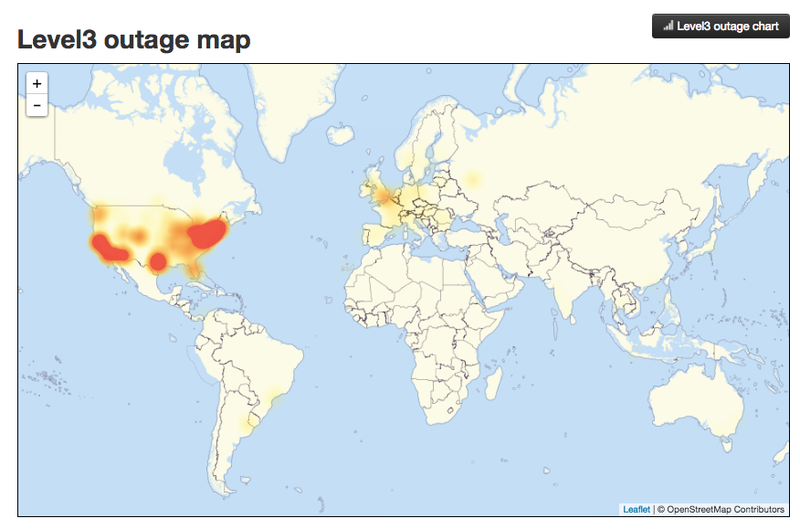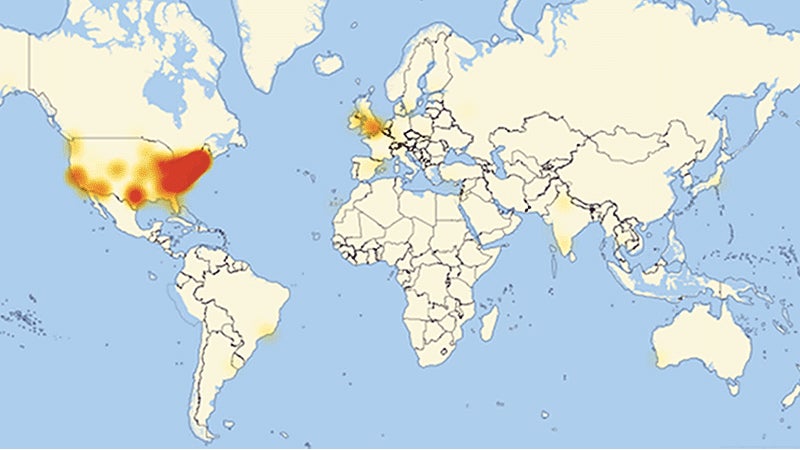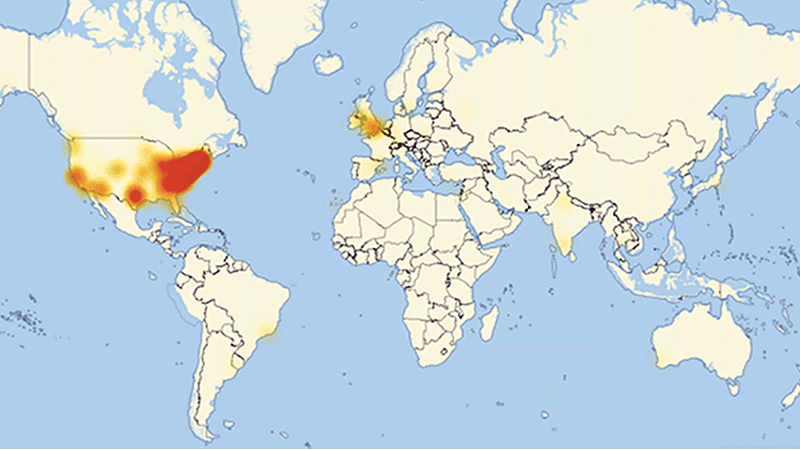
Segment 2 of this broadcast is with 2 Syrians in Aleppo describing conditions and the bombardment by the Assad regime and Russia.
Hundreds of people in the besieged parts of Aleppo on Thursday took to the streets to protest against Russia’s planned ‘evacuation’ of besieged parts of the city. Protestors called for toppling the Assad regime and the ousting of the Russian and Iranian invaders from Syria.
The residents saw in the brief pause of the Russian bombing campaign an opportunity to express their defiance to the Russian onslaught on their city. Protesters gathered in Alshaar neighborhood, waving banners and shouting slogans-in Arabic and English-expressing their opposition to Russia’s plans and their insistence on remaining in the city.
Many protestors said they had no plans to leave the city despite the ferocious onslaught by the Assad regime and its allies. “Even though the regime and Russia have mercilessly bombarded us, we’re not going to leave,” one of the protesters told reporters.
On Thursday, the Syrian Coalition said that the proposal put forward by the United Nations on Aleppo is flawed and is not based on the relevant UN resolutions on Syria, stressing that the proposal was made whilst mass forced displacement operations are being currently carried out by the Assad regime in the Damascus suburbs.
Secretary of the Syrian Coalition’s political committee Riad Hasan said that the UN proposal on Aleppo talks about the evacuation of rebel fighters from eastern Aleppo while ignoring the delivery of humanitarian aid or guarantees for protection of the aid convoys.
Hasan stressed that the UN proposal and the meetings held in Geneva on Wednesday completely ignored the main cause of the deteriorating humanitarian situation in Aleppo, namely the continued war crimes by the Assad regime and its Russian allies. The Assad regime and Russia’s air forces carry on with their relentless bombing campaign on Aleppo, targeting mainly vital civilian facilities such as hospitals and bakeries and using internationally banned weapons against civilian areas.
Hasan said that the UN special envoy to Syria Staffan de Mistura called for the exit of Fatah al-Sham Front fighters from Aleppo while turning a blind eye to the presence of 18,000 mercenaries belonging to the Iranian Revolutionary Guard and the Iraqi Popular Mobilization militias who are fighting alongside regime forces in Aleppo and committing the most heinous war crimes in the city and its countryside.
Member of the Coalition’s political committee Riad Seif said that the main goal of the Russian aerial campaign on Aleppo is to force civilians living in the rebel-held parts to leave their homes as part of the massed forced displacement campaign carried out by the Assad regime in different areas including the Damascus suburbs of Moadamiya, Qudsayya, and Daraya. Although Fatah al-Sham Front does not have any presence in these suburbs, its residents were forced to agree to an evacuation deals under the threat of besiegement and starvation.
Seif pointed out that “Russia is directly responsible for undermining chances of a political solution and for the collapse of previous truces as its intervention in Syria is aimed at assisting the regime in its mass forced displacement policy and at propping up the Assad regime.” (Source: Syrian Coalition)
The Syrian Coalition and the Free Syrian Army said the United Nations has become a tool in the hands of Russia which uses it to serve its plans. In a joint statement released on Friday, the Syrian Coalition and the FSA groups said that the UN continues to ignore Russia’s crimes and its violations of international law in Syria.
The statement described the initiative put forward by the UN to resolve the situation in Aleppo as flawed and said that it plays into the Assad regime’s plans to empty the city of its indigenous population.
The Coalition and FSA groups reaffirmed support for any serious initiative aimed at lifting the sieges; allowing the delivery of humanitarian aid to the besieged areas, including Aleppo; the evacuation of the wounded and sick; and the full implementation of UN Security Council resolution 2254 (2015) and other relevant resolutions.
The statement urged the UN to make “a thorough and real reconsideration of its positions and performance on Syria after the election of a new secretary-general.”
“The UN has been treating the executioner and the victim as equals, and its positions on Syria has helped the Assad regime and the Iranian-backed terrorist militia to execute their plans and provided a cover for Russia’s war crimes for which there has been so far no condemnation,” the statement added.
The statement pointed out that the UN initiative does not include any provision dealing with the delivery of humanitarian aid and is focused on the evacuation of a limited number of the most critically wounded.
“Meanwhile, the Russian invaders and the Assad regime have put increased pressure on the residents of eastern Aleppo through military operations and security measures to force them to leave their homes along with the rebel fighters. Therefore, the UN initiative is flawed, and instead of preventing forced displacement, it plays into the Assad regime’s plans to empty Aleppo of its indigenous population.”
The Coalition and FSA made it clear that the initiative was made whilst mass forced displacement operations are being carried out by the Assad regime in the Damascus suburbs of Moadamiya, Qudsaya, and Alhama in a repeat of the Daraya scenario. “All this has taken place amid complete silence by the United Nations which has so far failed to act in line with its responsibility to protect civilians.”
“Moreover, the UN initiative does not offer any guarantees for the safety of the wounded or their carers, thus putting them at the risk of being arrested or killed by the Assad regime.”
The statement concluded by stressing that the UN has a responsibility of to stop the serious military escalation by Russia in Aleppo as well as other parts of Syria and its use of internationally banned weapons, including bunker-buster bombs, napalm, incendiary bombs, and chemical weapons. “Crimes of genocide and war crimes against Syrian women and children must no longer be tolerated and its perpetrators must be punished.” (Source: Syrian Coalition)






 Questioned on December 9, 1993, by Swiss prosecutors, Al Kassar explained that he was a diplomatic representative of Yemen in Poland and therefore could not answer questions about government-to-government affairs. A search of Al Kassar’s Spanish address revealed documents confirming his relationship to the Croatian Zeljko Mikulic and containing the codes used for the ship’s contents: “Tea” meant TT pistols (Tula-Tokarev pistols, developed in the U.S.S.R. in the 1930s and subsequently manufactured by other Eastern Bloc countries), and “tea bags” meant bullets.
Questioned on December 9, 1993, by Swiss prosecutors, Al Kassar explained that he was a diplomatic representative of Yemen in Poland and therefore could not answer questions about government-to-government affairs. A search of Al Kassar’s Spanish address revealed documents confirming his relationship to the Croatian Zeljko Mikulic and containing the codes used for the ship’s contents: “Tea” meant TT pistols (Tula-Tokarev pistols, developed in the U.S.S.R. in the 1930s and subsequently manufactured by other Eastern Bloc countries), and “tea bags” meant bullets.  “If Yemen does a deal with Bosnia and Croatia, how can I control it?” asked Al Kassar, dismissing accusations that he is an embargo-busting arms dealer. Under existing legal controls, his question is reasonable.
“If Yemen does a deal with Bosnia and Croatia, how can I control it?” asked Al Kassar, dismissing accusations that he is an embargo-busting arms dealer. Under existing legal controls, his question is reasonable.